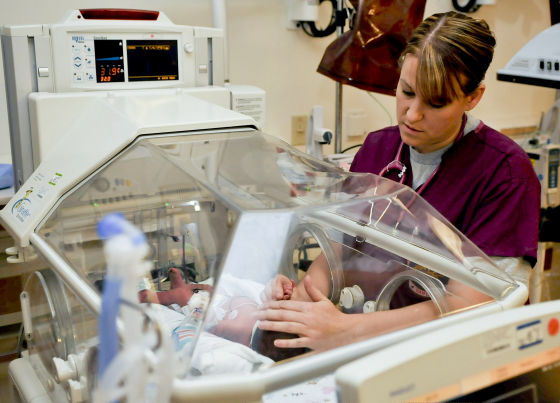How does the decline in nurses affect real-life interactions between patients and staff?

by
It can be imagined that if the number of elderly people increases but the number of nurses decreases, the work of nurses per person will increase and the quality of care will decline. The voice of 'the efficiency can make up for the decrease in the number of nurses'. What kind of influence does the decrease in the number of nurses have in reality? In order to investigate, we have reported the results of a survey of patient-staff interactions in a ward in the United Kingdom.
Hospital nurse staffing and staff–patient interactions: an observational study
chrome-extension: //mhjfbmdgcfbbpaeojofohoefgiehjai/index.html
The Human Impact Of Having Too Few Nurses – Research Digest
https://digest.bps.org.uk/2019/07/03/the-price-of-austerity-new-observational-research-suggests-lower-nurse-patient-ratios-really-do-result-in- poorer-health-care-interactions /
A team of researchers, Jackie Bridges et al., From Southampton University in the United Kingdom, conducted a survey by actually observing staff-patient interactions in six health care units operated by NHS in the United Kingdom. The survey lasted 238 hours and covered 3000 interactions between 270 patients and staff.
As a result, a negative evaluation was made such as 'Patient is moved without calling / Patient being scolded' or 'Patient's waiting time is too long' for 10% of the interaction as a whole. Researchers have noted that this 'negative communication' increases as 'the number of patients per nurse' increases.
At this time, “nurses” refers to certified certified nurses, and regardless of the number of support staff who do not qualify, there is a tendency that “the smaller the number of nurses, the more negative interactions”. It was said that It has also been shown that adding more support staff is useful only if there are enough nurses to oversee the support staff.
The research does not use experiments, it is purely observational, and 'it can not lead directly to causality,' the researchers say. On the other hand, nurses have long claimed to 'shift with a sufficient number of nurses to perform adequate care', and the results of this study are in line with this claim.

by
The results of this study are not intended to underestimate the support staff. Nor does it imply that nurses should keep an eye on support staff. The important thing is that when a skilled nurse responds to a question asked by support staff, shows what to do, talks, and demonstrates sample behavior, the interaction between patient and staff becomes positive. about.
Given the results of the study, Lucy Maddox , a clinical psychologist and writer, recalls when he was at the NHS mental health ward, 'The media frequently blame the NHS individuals, especially nurses. Of course not enough. Care is unacceptable, but we need to be aware that inadequate care is a bad thing in the work environment, such as poor staff, lack of leadership, and so forth. It is what causes all the negative cultures that exist in the organization. '
Not only past studies have shown that many things are difficult to do with compassionate behavior because of stress, being tired, having emotional repression, and not having enough time. Where I can understand from my experience. In order to deal with such problems, not only organizational solutions but of course individual solutions have been shown in recent years. It is also considered useful to engage in personal well-being through interventions such as yoga, meditation and exercise.

Related Posts:
in Note, Posted by darkhorse_log







